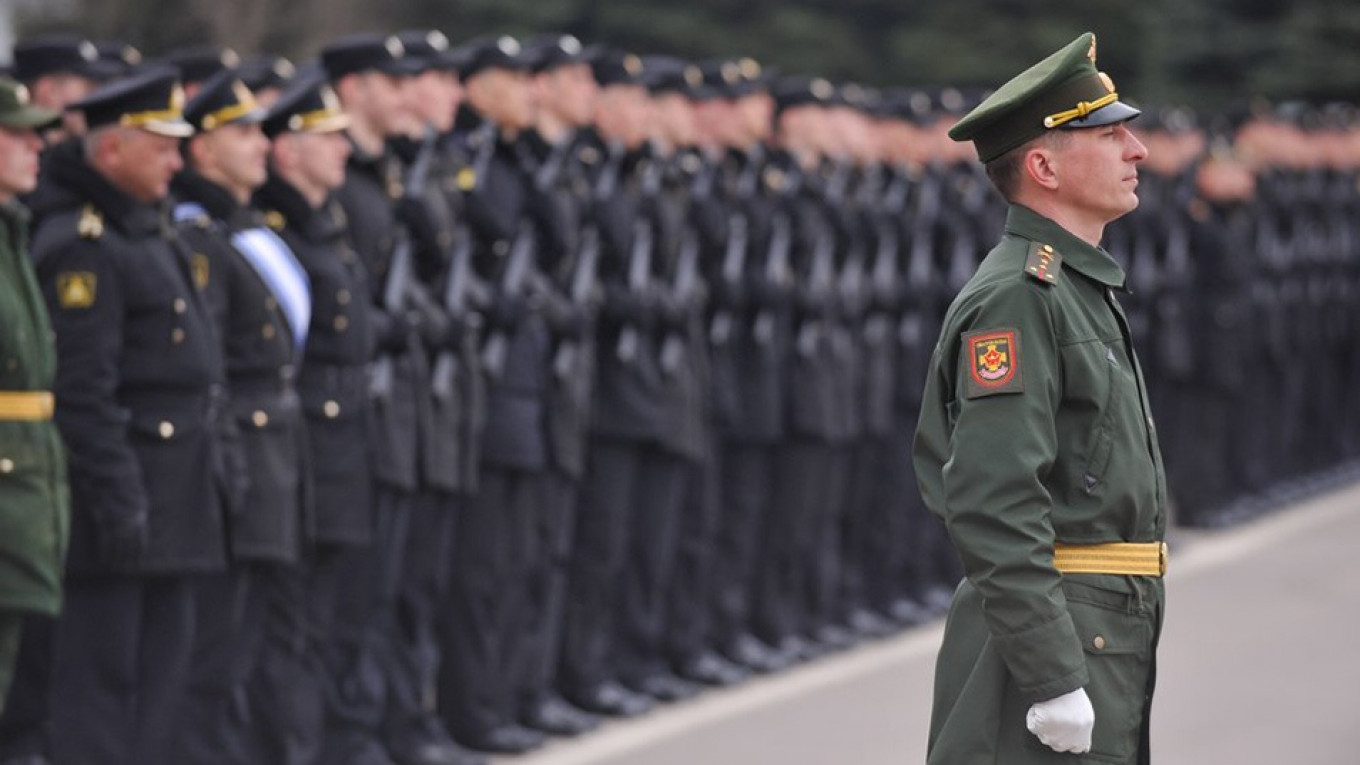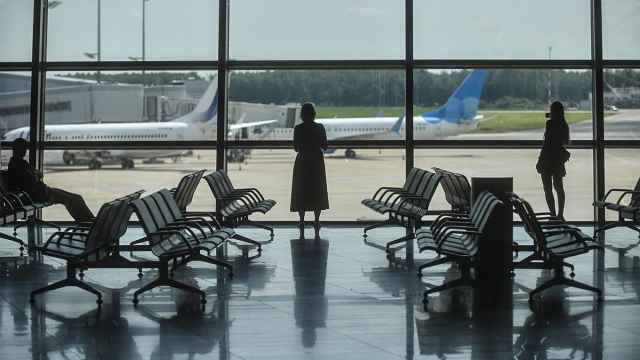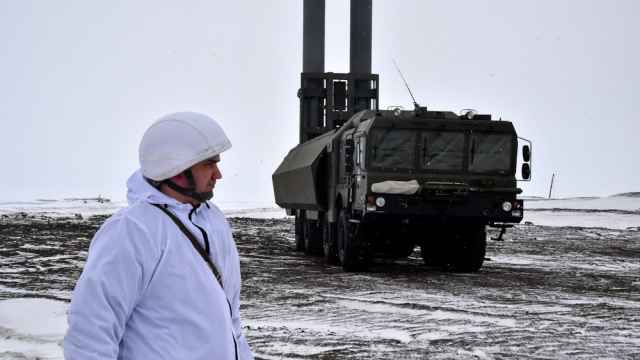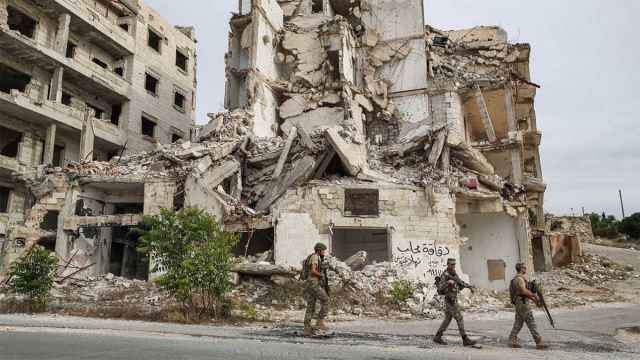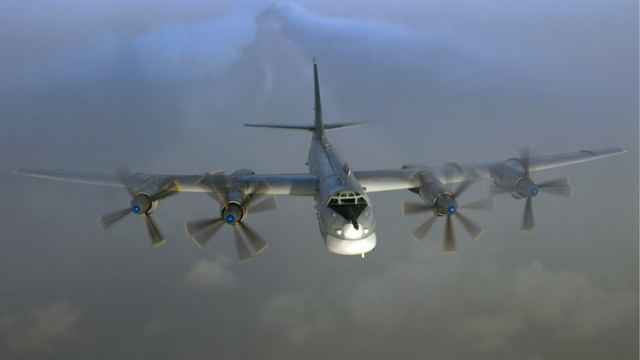President Vladimir Putin has created a new directorate inside the Russian army to promote patriotism, evoking memories of a Soviet practice that once saw soldiers taught the precepts of Marxism and Leninism by political commissars.
The move, approved by Putin in a presidential decree published on Monday, will affect around 1 million active military service people and appears designed to ensure soldiers' loyalty at a time when Moscow is locked in a geopolitical standoff with the West.
"In conditions of a global information and psychological confrontation (with the West) the role of political and moral unity within the army and society drastically grows," Alexander Kanshin, who sits on a civilian body that shapes military policy, told Interfax in February.
In the Soviet Union, a similar directorate worked to ensure that the army stayed loyal to the then ruling Communist party.
Putin, commander-in-chief of Russia's armed forces, ran as an independent candidate when re-elected to a new term in March, but is supported by the ruling United Russia Party.
His decree said the new directorate would be responsible for "military-patriotic" work and, in a separate decree, Putin made Colonel-General Andrei Kartapolov, a veteran of Russia's conflict in Syria, its new head and a deputy defense minister.
The defense ministry did not release details of the new directorate, but an unnamed military source told the Kommersant daily that Kartapolov would also be responsible for the activities of the Yunarmiya, a patriotic military youth organization sponsored by the ministry.
After Russia's 2014 annexation of Ukraine's Crimea, seen by the Kremlin as a big success, the military has grown increasingly influential in domestic and foreign policy, especially in Syria.
The Bolsheviks, wary of the army's loyalty, introduced political commissars in 1918. In the late Soviet period, political officers, known as zampolity, tried to ensure soldiers knew their communist doctrine and where their loyalties lay.
Vladimir Scherbakov, a military specialist at the Nezavisimaya Gazeta daily, said Putin's decision to resurrect a version of the Soviet-era directorate raised questions.
"The main question is this. In the Soviet era, the directorate in practice worked in the interests of the Communist Party's central committee. It's not completely clear what military-political work the resurrected directorate will do and more importantly in the interests of which political party."
Others wondered whether the creation of the new directorate was the start of a wider renaissance in ideological education that would draw in schools and colleges, and whether the new instrument would be used to root out young soldiers deemed as too pro-Western.
"All of this is reminiscent of a gradual return to the U.S.S.R.," wrote Dmitry Drize, Kommersant's deputy editor.
A Message from The Moscow Times:
Dear readers,
We are facing unprecedented challenges. Russia's Prosecutor General's Office has designated The Moscow Times as an "undesirable" organization, criminalizing our work and putting our staff at risk of prosecution. This follows our earlier unjust labeling as a "foreign agent."
These actions are direct attempts to silence independent journalism in Russia. The authorities claim our work "discredits the decisions of the Russian leadership." We see things differently: we strive to provide accurate, unbiased reporting on Russia.
We, the journalists of The Moscow Times, refuse to be silenced. But to continue our work, we need your help.
Your support, no matter how small, makes a world of difference. If you can, please support us monthly starting from just $2. It's quick to set up, and every contribution makes a significant impact.
By supporting The Moscow Times, you're defending open, independent journalism in the face of repression. Thank you for standing with us.
Remind me later.


